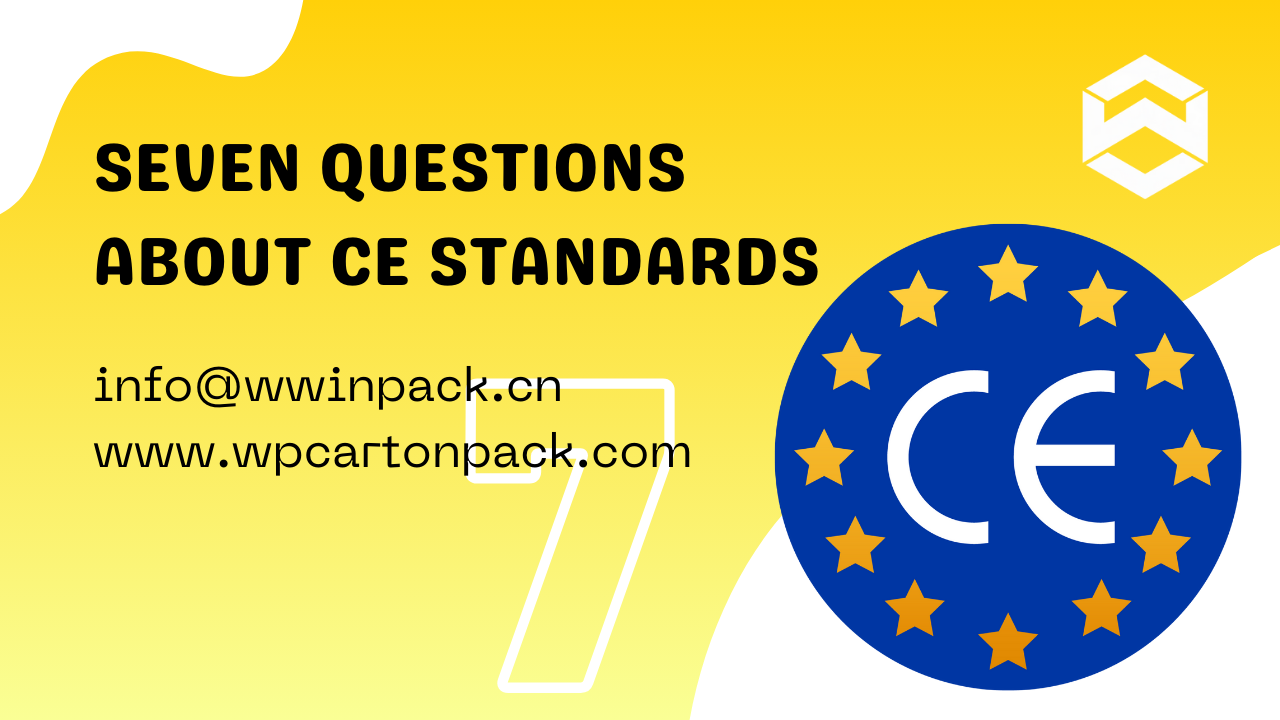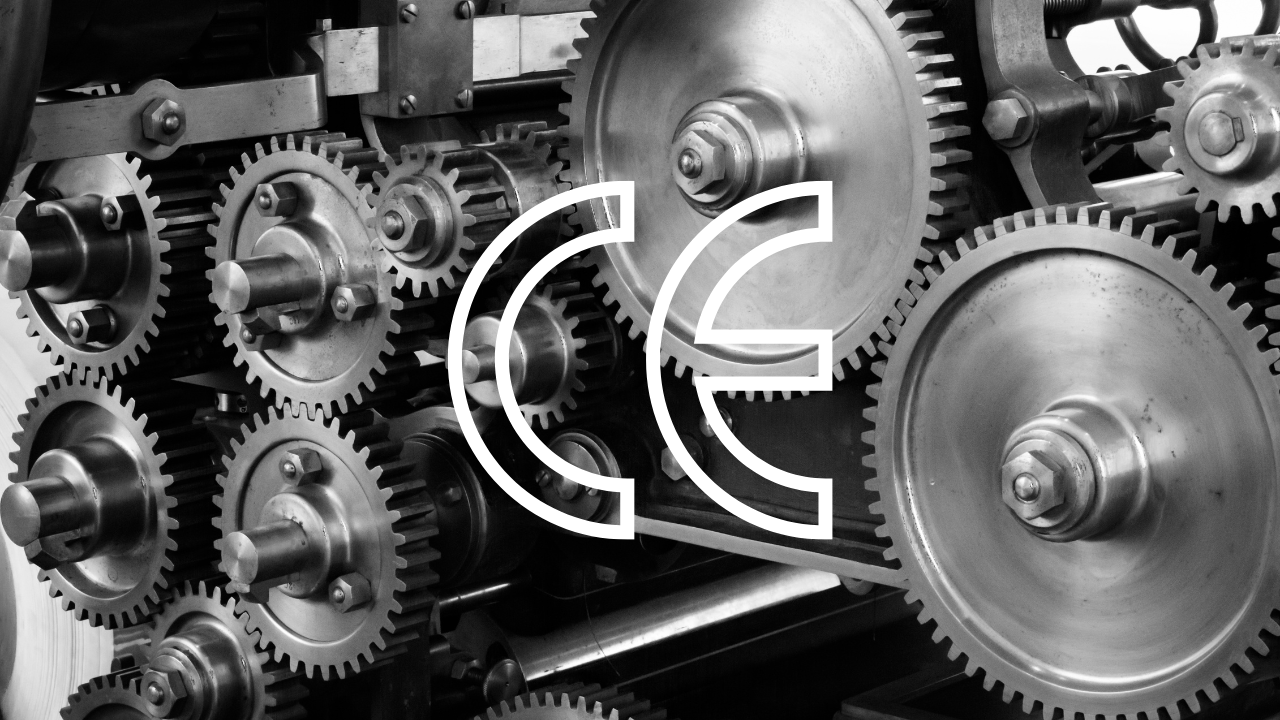Seven questions about CE standards in packaging machine manufacturing
2024-03-29

CE standards play a pivotal role in ensuring the safety, quality, and compliance of packaging machinery in the European market. Manufacturers and stakeholders must navigate these standards to meet regulatory requirements and ensure consumer protection. In this brief overview, we address six essential questions concerning CE standards in packaging machine manufacturing, shedding light on their significance and impact on industry stakeholders.
Q: What does the CE standard mean for packaging machinery?
The CE standard for packaging machinery ensures compliance with EU regulations when selling these machines in the European market, particularly regarding safety, health, environmental considerations, and other relevant product requirements.
Q: How does the CE standard impact the production and sale of packaging machinery?
Manufacturers or importers must ensure that their production or imported packaging machinery complies with applicable EU regulations. This involves conducting necessary product testing, filing documentation, and establishing quality management systems to ultimately apply for and obtain the CE mark. This means manufacturers must fully consider safety and compliance requirements in the design and manufacturing process and take responsibility to ensure product compliance.
Q: What requirements does the CE standard impose on packaging machinery?
The CE standard requires packaging machinery to comply with EU Machinery Directive, Electromagnetic Compatibility Directive, Low Voltage Directive, and other relevant regulations. Specifically, this means designing and manufacturing packaging machinery as safe and reliable products that will not pose risks or hazards to operators, other personnel, or the environment under normal use conditions.


Q: How does the CE standard safeguard consumer rights in purchasing and using packaging machinery?
The implementation of the CE standard ensures the safety and quality of packaging machinery sold in the European market, helping to reduce risks for consumers during purchase and use. Consumers can confirm product compliance by checking for the CE mark on the product and relevant certificates and manuals, thus safeguarding their rights.
Q: What impact does the CE standard have on manufacturers of packaging machinery?
For manufacturers of packaging machinery, compliance with the CE standard is essential for entering the European market. They need to invest more resources and efforts to ensure that the design, manufacturing, and testing processes comply with CE standard requirements. This not only enhances product competitiveness but also protects the reputation and interests of the company.
Q: Is the CE standard only applicable to exporting packaging machinery to the EU market?
No, the CE standard applies to all packaging machinery sold in the European market, whether domestically produced or imported from other countries. This means even domestically manufactured packaging machinery must comply with CE standard requirements to legally sell and use them in the EU market.
Q: How does the CE standard impact the development of the packaging machinery industry?
The implementation of the CE standard promotes the improvement of technology and quality levels in the packaging machinery industry, fostering competition and cooperation among enterprises. It contributes to raising the overall development level and international competitiveness of the industry. Additionally, by standardizing product design and manufacturing, it reduces the influx of non-compliant products into the market, safeguards consumer rights, and promotes healthy market development.
By exploring these questions, we aim to provide a clearer understanding of the role and implications of CE standards in packaging machine manufacturing, empowering stakeholders to navigate regulatory landscapes effectively and uphold industry standards.